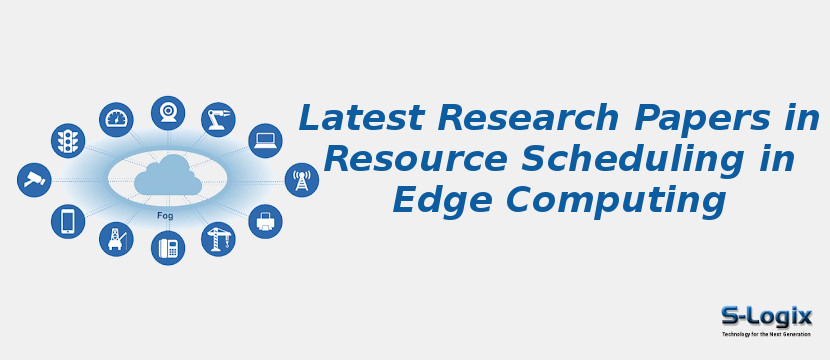Resource scheduling in edge computing is a fundamental research area that deals with efficiently assigning computational, storage, and network resources across distributed and heterogeneous edge nodes to meet the diverse needs of latency-sensitive and resource-intensive applications. Research papers in this domain propose scheduling strategies that minimize task execution delay, reduce energy consumption, and maximize resource utilization while maintaining Quality of Service (QoS) and Quality of Experience (QoE). Studies explore heuristic, metaheuristic, and machine learning-based approaches—such as reinforcement learning, deep learning, and evolutionary algorithms—for adaptive and context-aware resource scheduling under dynamic workloads, user mobility, and fluctuating network conditions. Recent works investigate multi-objective scheduling frameworks that jointly optimize delay, cost, energy, and reliability in edge–fog–cloud collaborative environments. Security- and privacy-preserving scheduling mechanisms are also being developed to protect sensitive IoT and user data during execution. Applications include autonomous vehicles, smart healthcare, industrial IoT, multimedia streaming, and AR/VR, where real-time and reliable scheduling is critical. Overall, research in resource scheduling in edge computing provides scalable, intelligent, and efficient solutions for managing heterogeneous resources in next-generation distributed infrastructures.
